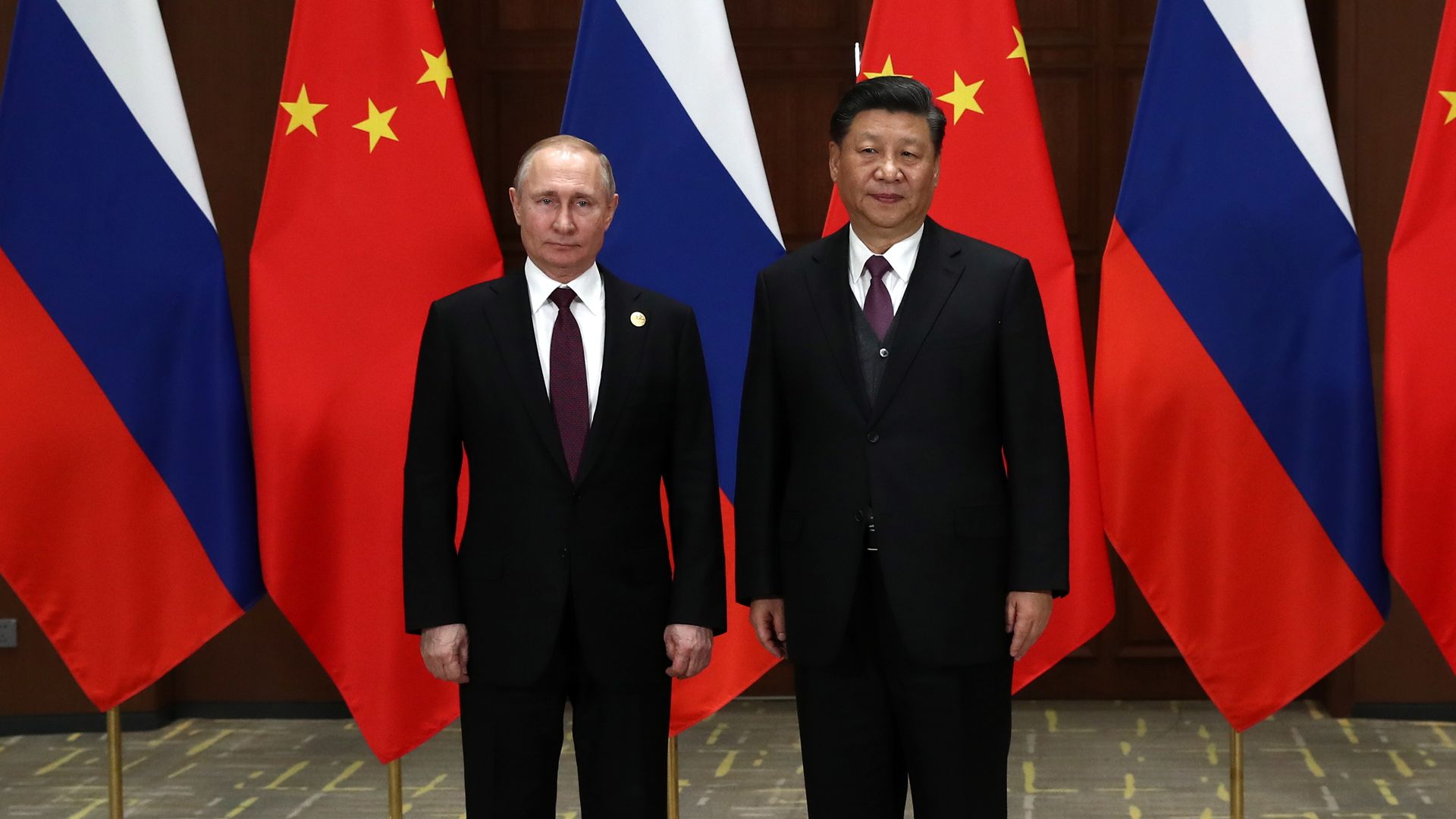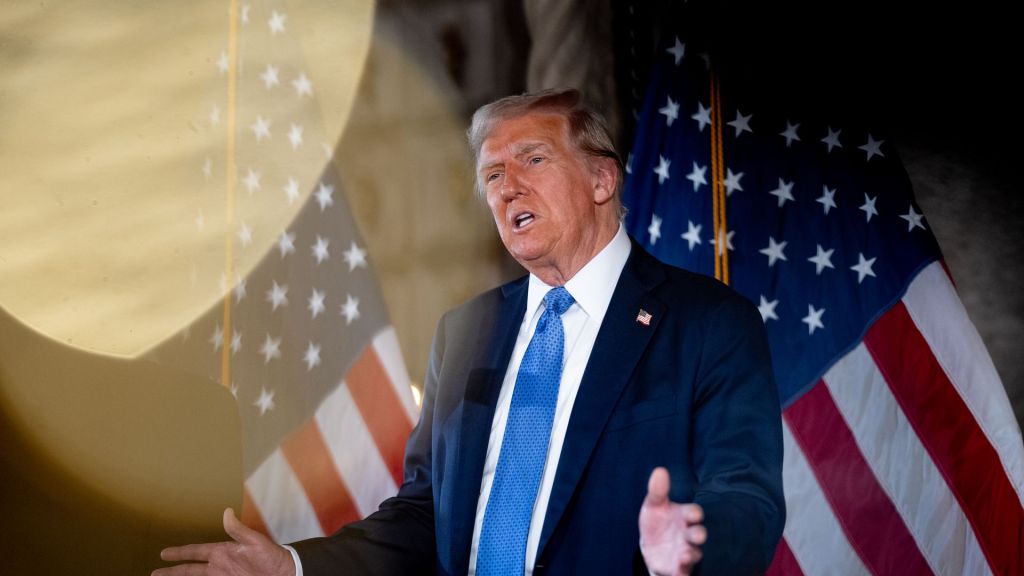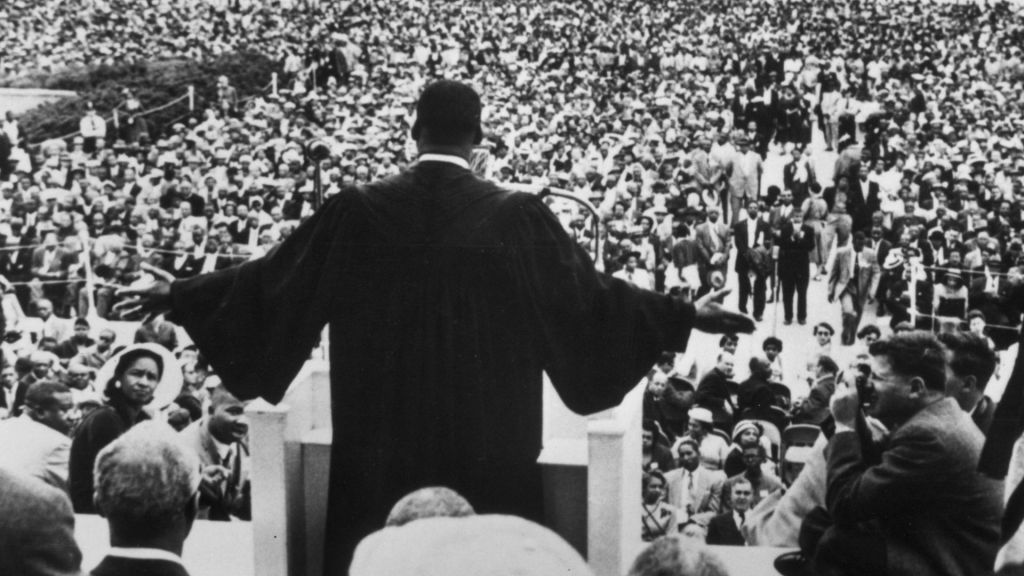
Rep. Bryan Steil, R-WI: “So let me get this straight because I think this is really important to the American people – do all of you agree that there is foreign influence in US elections? You agree, yes?”
Foreign adversaries are using loopholes in US law to influence our elections.
Bradley Bowman: “Many Americans do not realize we are under attack.”
Now Congress wants to close those loopholes because some foreign influence campaigns are legal. They also want to strengthen existing laws that are, frankly, easy to break.
Caitlin Sutherland, Americans for Public Trust: “Federal law is inadequate when defining what foreign nationals can and cannot do. Essentially, foreign nationals are only prohibited from contributing to a candidate committee or super PAC or participating in a campaign’s decision making process. This means Foreign nationals can largely still influence a whole host of other election related vehicles with zero repercussions. It is currently legal for foreign nationals to pay for get out the vote operations, voter registration, issue advocacy, voter education, ballot harvesting, door knocking.”
In addition, foreigners can legally spend money on state and local ballot initiatives. And they do – to the tune of tens of millions of dollars.
One way to legally get around the ban on contributions to candidate committees and SuperPacs is simply by making a donation to a 501(c) nonprofit which can then transfer the money.
Foreigners can also make contributions with crypto currency, through straw donors who pass it on, or by using a fake name and personal information. That’s all illegal, but relatively easy.
Earlier this year the House passed a bill to prohibit political committees from accepting donations via gift card or without a CVV – the security code on the back of a credit card. That legislation has not been approved by the senate.
Rep. Joe Morelle, D-NY: “Foreign interests should have no say over the administration or outcome of American elections. The decisions we make about our government, how we organize their society, are the sole province of American citizens.”
Influence campaigns come from many angles. Partisan organizations and wealthy individuals donate money for the same reason Americans do – they want to support policies they believe in.
There are also nefarious attempts by adversarial nations like China, Russia, North Korea and Iran.
Bradley Bowman: “Our adversaries hope we consume our finite time energy and resources fighting one another, rather than working together to strengthen our country, at home and defend our interests abroad. They also seek to degrade our democracy’s reputation. They want our model of represented democracy to look less appealing compared to their authoritarianism and autocracy.”
One suggestion to fix this problem is strengthen section 314 of the Patriot Act, which allows financial institutions to share information with each other when they suspect money laundering is taking place. Lawmakers want to give them more leeway to do that and provide incentives.











